"Focus on the Journey, not the Destination" is incomplete advice.
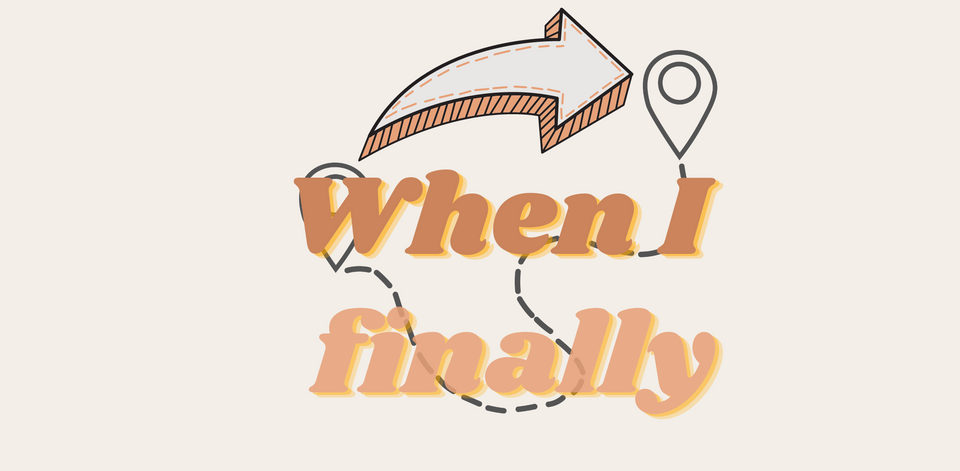
In late February, I was sitting in a stunning library in Australia, drafting applications for my first job after leaving Uni. Everyone around me deeply immersed in their tasks, the room was full of focus & inspiration. Exactly the environment I thrive in. Or at least that’s what I expected.
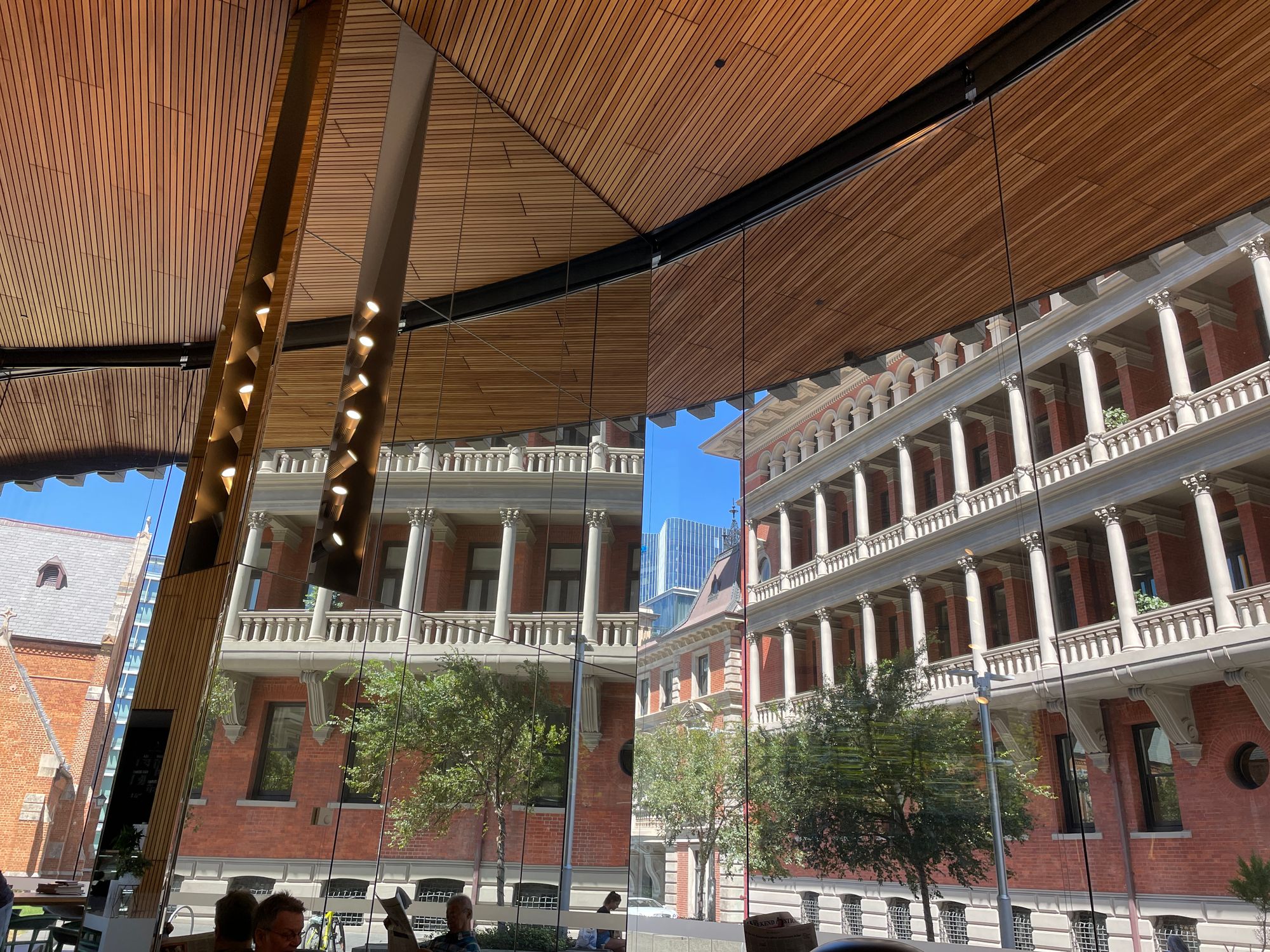
Instead, I sat there and everything just felt heavy. Serious and stressful, without my usual sense of excitement. Sitting in paradise with my brows furrowed. Which really isn’t like me. Being excited about exciting things is kinda my jam. So, what’s going on here?
Well, that’s exactly what I asked myself. Did a little digging, and when I found the answer, I just had to grin. I had come across an old friend. A thought pattern that I thought I’d overcome by now. One I’m sure you know all too well.
So let’s dive in. It's time to unpack:
- Who this old friend is.
- Why we have a complicated history.
- How to manage his frequent returns.
My old Friend
To understand, we need to take a tiny step back. Back in 2020, I worked full-time from my little student flat - 100% remote. All of a sudden, my 14m² bedroom became
- my office,
- my gym (since they were still closed),
- my hobby space (it housed the piano) and
- everything in between.
And after six months, I despised the place. Humans aren’t made to exist entirely on 14m². And everyone that’s spent two seconds with me knows I wasn’t made to work in solitude.
So by the time I traded the job for writing my Bachelor’s thesis, I found myself utterly incapable of doing any good work at that desk. It felt like the space was burnt for me. I needed to get out.
This is where THE 9TH comes into play. Discovering my local Coworking Space was a total game-changer. And it wasn’t just leaving the house for once. It was the atmosphere of connection and co-creation, being introduced to so many interesting people and their perspectives - that transformed the writing process into an absolute joy (although not without its hiccups).
Ever since, I’ve been fascinated with Coworking. Wherever I travel, I check out local Coworking Spaces. Whenever I got to choose a business for a case study at Uni, I chose a Coworking Space. So to no one’s surprise, my project for the next 5-10 years is opening a Coworking Space.
Which is where we come back to that Library in Australia. Obviously, I’ve still got a lot to learn. Opening a space requires more than case studies and enthusiasm. It’s a journey where nothing beats experience. So to learn, I’ll work at other spaces first.
The way in: the front desk. As a Community Associate, you’re a receptionist that makes sure the community thrives. So far, so great. I can put my energy into enabling others to have that same enriching experience I had. And along the way, I get to learn what determines a great Coworking Space. It’s a win-win. But here I found myself in said library, lost in buzzwords and comparisons, questioning my life decisions:
“Did I really get two degrees just to become a glorified receptionist? There’s gotta be a quicker way.” is what my ego said.
“You’re just too scared to take the leap!” added the inner critic.
Suddenly I found myself comparing entry salaries to Marketing Jobs. But I don’t care about Marketing & the salary isn’t the point of taking the job. It was utterly pointless. With a head full of comparison, status and success, I just wanted to skip the journey. The underlying thought:
“When I open the space, then I’ll be happy.”
When I caught myself in that exact thought, it felt like meeting an old friend. It was time to learn the same thing again.
Overcoming bad Advice (once again)
I know this thought all too well. Getting so excited about the future that I disregard the present. Throughout the whole pandemic, moving to Australia was my “When I finally”. And then it happened, I moved 20,000km and quickly found a new “When I finally”. When I caught myself in that thought again, I was fascinated. That week, I wrote one of my first posts about it.
A month and a Deep Dive into the research later, I published a whole article about the psychological explanation behind it (the Arrival Fallacy). Another month in, Miyamoto Musashi’s The Book of Five Rings offered the philosophical perspective - worth another post.
But by that time, I was a week away from graduating, wildly focused on the future. So when I caught myself once more, I wrote an essay to myself. The core of that essay was one simple question I want to share today.
Do you want to be there, or do you want to get there?
I want to be there.
If you want to be there (aka not be here), the journey is an obstacle. The next years are a hurdle to get through, an annoyance to be skipped. Happiness comes when the outcome is achieved. But there are two big problems with this:
- The outcome quickly becomes external validation.
Recall my sudden interest in marketing salaries. Perceived success, praise and all that other good stuff. Rewards might get us started, but what happens when the journey takes longer? When validation takes too long to arrive, motivation goes out the window. The outcome isn’t enough to make it there. - The idea of being there builds on the expectation that once you get there, you’ll be content. But you won't. This is the false expectation that psychologists have called the Arrival Fallacy. As soon as you achieve your goal, you’re on to the next one. The scientific explanation:
The mechanism comes back to our old friend: Dopamine. The hormone most attributed to drive behaviour gets released in pursuit and upon attainment of the goal. But once the goal is accomplished, it drops again - to make room for new ones.
I want to get there.
So, what about the alternative? Let’s say you want to get there. The difference is subtle but powerful:
The point isn’t what happens once you get there. The point is making it there.
Instead of postponing excitement to a point in the future that never comes, you get the joy of knowing that you’re already where you need to be. Current shortcomings and all. Why? Well, riddle me this:
If a journey takes 100 steps, is the first, second or tenth step worth less than the last?
Of course not, each step is necessary to get there. Therefore, you can be equally excited for the first and 100th step - keeping in mind that by the time you get there, you’ll have found another 100 steps already. As Musashi likes to remind us:
You must walk down the path of a thousand miles step by step.
Where do we go from here?
So where does this leave us? Well, by the time I was done overthinking my life decisions, three things seemed pretty clear to me:
I’ve lost myself in the Arrival Fallacy plenty of times before. This is essay number five on the topic, and I’m sure this won’t be the last. It’s what Psychologists call an encapsulated bias - a feature of the mind so central to its evolutionary development that it can’t be eliminated by reflection. Just like optical illusions, learning how they work doesn’t get rid of them. But here’s the good news:
Every time you manage to catch yourself thinking in these terms (→ “When I achieve x, then I’ll be happy.”) and acknowledge that this is simply an illusion, you get a little better at recognising the pattern. Basically, the illusion will never vanish, but you get better at recognising that it is an illusion. Embracing the Journey is good advice. You just have to do it over and over again, because you're brain isn't wired to.
Writing my applications now, it’s almost hilarious to think that this weighed me down so much. There’s a sense of blissful peace in knowing that you’re already where you need to be. That it won’t ever get better than this. And then returning to put your all into Step 12, simply because it’s worth it.
So the next time you wish to be somewhere in the future, completely convinced that when you only achieve that milestone you’ll finally be content forever - remember this is an illusion. It’s not conditional. Contentment is available, right now.
All you need to do: Embrace the journey. Again and again.
Need some Action?
If you're looking for some practical tips to work with the Arrival Fallacy, take these:
- Adjusting Expectations: Shed the illusion that lasting fulfilment comes when the goal is achieved - so you can get to work on making the way there fulfilling.
- Enjoying the Ride: Savour the flow states, sink into problem-solving and appreciate the growth along the way.
- Broaden and Sequence: Taking a page out of the old Investment Playbook, the idea is to diversify. If there’s more than one project, you can start to sequence - Attaining the goal becomes associated with starting the next one. So finishing a project doesn’t feel like the end - it’s just a milestone, and now it’s on to the next one.
- Reflect & Grow: Surely, you’ve learned a lot along the way. Take the time to appreciate how far you’ve come, and what you can take away from it for the next project.
- Pay it forward: Sharing always feels better - so why not share the insights you discovered? That way you can get ongoing value out of the project, and the dopamine train doesn’t stop.
(Shamelessly stolen from the Arrival Fallacy Post. There's gotta be something good in facing this every other day😏)

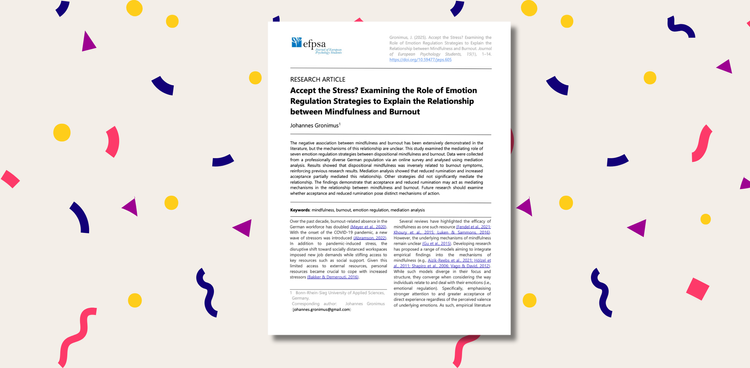
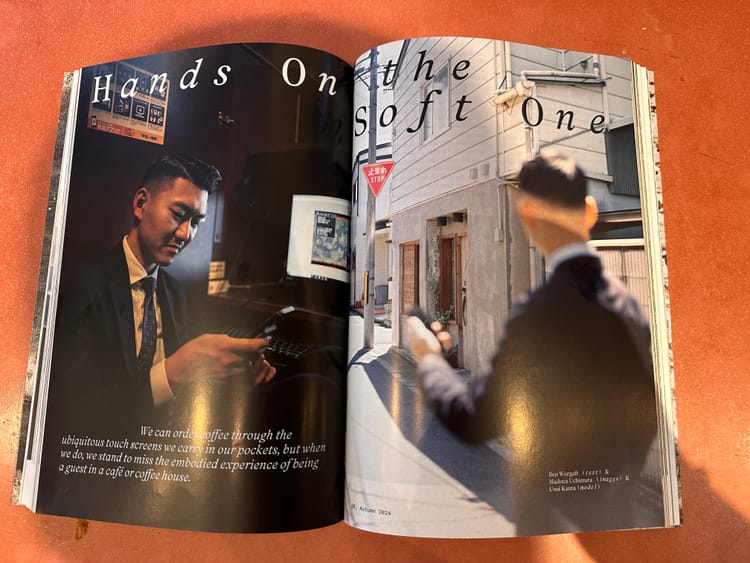
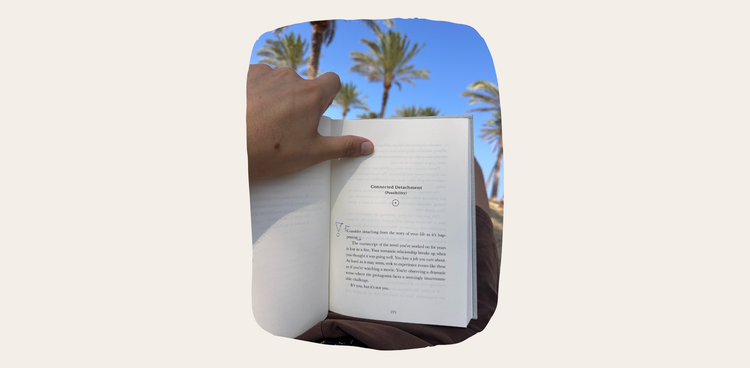
Comments ()